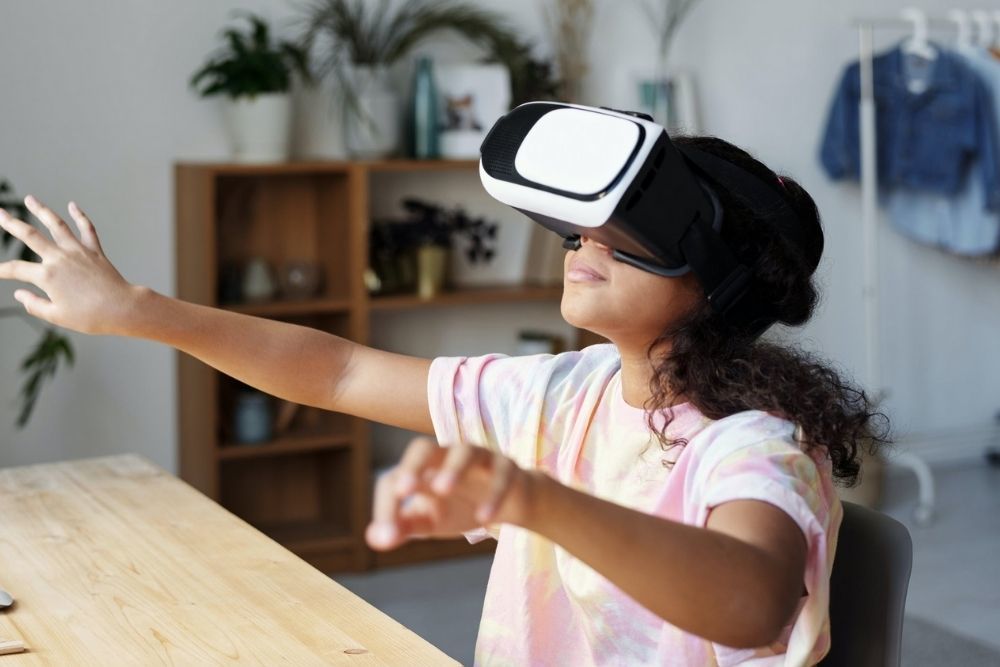The Future of Education Technology
With every sector being impacted by the rapidly changing world due to COVID-19, AV professionals within the Education sector had the unique task of having to adapt to challenging parameters, and quickly, as whole universities, TAFEs and schools moved to online study/learning/working within days.
Small instances of this technology have been used in the past, but this drastic adoption presented unknown complications such as bandwidth, users own devise, collaboration tools needed at home, and all the while keeping connections secure and information safety a priority.
We caught up with Daniel Baldwin of InSight Systems today to have a quick chat of what his experience was, and advice he has for the broader community.
Q. What would be your priorities for the recovery of the AV Industry in COVID times?
As an industry, we are quickly being disrupted by non-traditional competitors. We need to understand and assert our point of difference. We need to get better at listening to our customers, at understanding their businesses, their environment and their people. We need to evolve past being a delivery person for the latest bit of cool technology into an industry that provides actionable insights that enable users to become more focused and effective, while showing measurable benefits to a customer’s business.
Q. What technology advancements are needed, and quickly, to deal with a more permanent working /studying from home environment for Australia?
Businesses/Education Facilities have been incredibly challenged in moving their workforce and students out of their normal environment and into their home. In a lot of instances technology failed immediately – networks were not able to handle increased bandwidth, collaboration tools were not tested or understood and users own devices and peripherals inadequate. A few months in, we ironed out a lot of those issues and staff/students are more comfortable operating in the new norm, be it still far from the ideal. We know that as a whole, staff and students love having greater freedom to manage their own time and self-pace their work/learning however there are increasing challenges with lack of immediate communication. Additionally users spend far too much time in front of their screen and are missing social interaction with workmates and friends. We need to see technology increase available bandwidth, bridge a known social gap and allow different ways to work where people remain connected to each other but not to their desk/monitor.
Q. What emerging technologies have caught your eye during such an innovative period as we are currently seeing?
We are seeing an exploration, adaption and adoption of touchless technology. People have become highly sensitive when needing to touch control surfaces or devices that are outside their own controlled environment. User acceptance of solutions that utilise proximity sensing, facial recognition, Wi-Fi location and BYOD is at an all-time high because they directly address todays virus transmission risks. Prior to COVID-19, users were less inclined to adopt these technologies because of perceived identity and personal data risks. It’s amazing how a positive acceptance of a technology occurs when an individual’s personal motivation changes.
Q. You will be speaking on the “Future of Education” panel at the Integrate Virtual Speaker Series – What can viewers expect to hear from you?
Let’s explore how educational facilities can get the most out of their existing technology. How can they produce the data required to understand the current infrastructure and its capability to deliver learning outcomes now, and into the future? How can that technology be enhanced to provide for blended/online education that will be necessary in the future? How does an organisation assess and manage operational risk while also extending lifecycle, so that a student and educators technology experience is not impacted? What does online education look like in the future and how do we do real human interaction to ensure educators can read the body language of their class?
Learn more from Daniel Baldwin live at the Future of Education panel session at the Integrate Virtual Speaker Series on Wednesday 19 August, as he discusses this topic in-depth alongside Scott Doyle of Swinburne University, Greg Cavenagh of Deakin University e-Solutions and hosted by Tim Stackwell. These expert professionals will offer us first-hand perspectives of the impact of 2020 on the industry, the significant challenges that it has posed to an AV professional within the education sector, and priorities for recovery.
With less than a week to go, Integrate’s Virtual Speaker Series runs from 19 – 21 August 2020, and offers an opportunity for the AV community to come together and look towards the future. Offering 15 sessions and access to 35+ industry experts over 3 days, immerse yourself in the future of AV and discover how to navigate business in our changing world – all for free.
No registered yet? There’s still time, simply click here to register for the Integrate Virtual event!
-
Stay up to date with the latest news, industry insights and Integrate updates.
- Subscribe

